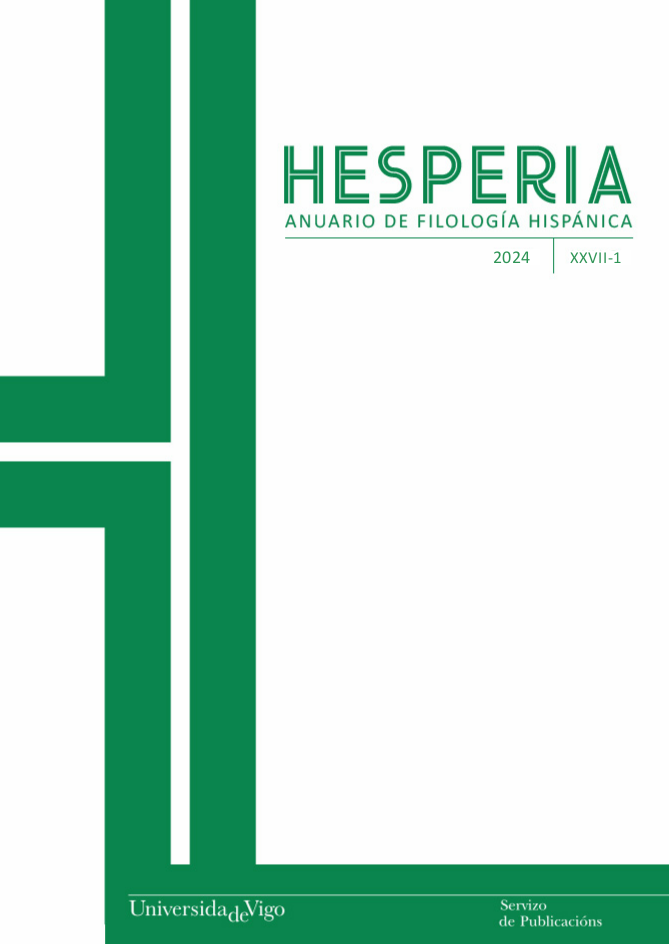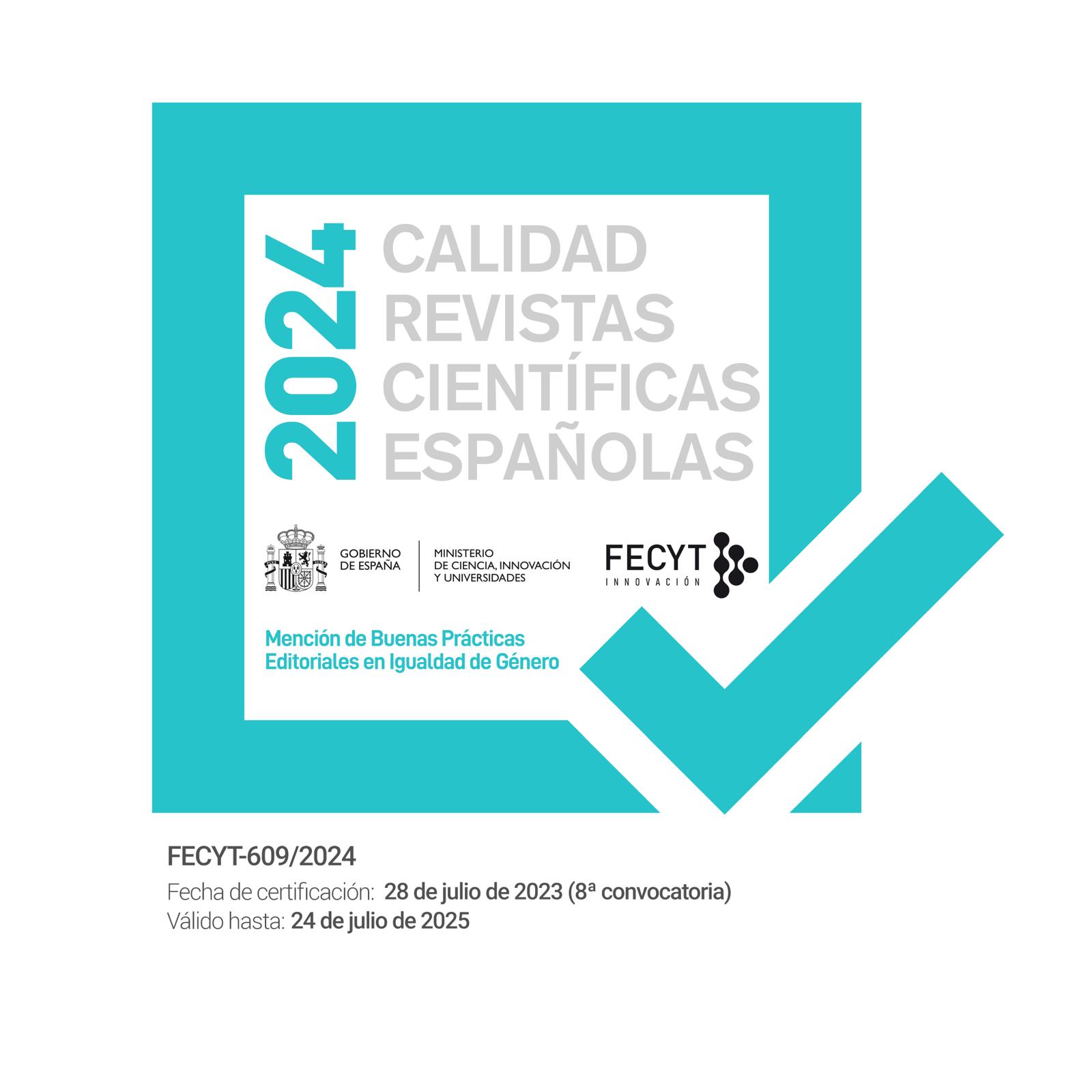"VERDADES ALEGRES": NOTES ON LUDIC-HUMOROUS APHORISM IN SPAIN
DOI:
https://doi.org/10.35869/hafh.v27i1.5561Keywords:
Aphorism, Ramón Eder, Andrés Neuman, Tirso Priscilo Vallecillos, Microtextuality, Witz, Contemporary Spanish literature.Abstract
The particular history of the aphorism, a hypernym that compresses a wide range of wisdom expressions—proverbs, maxims, adages, or sentences—not only demonstrates great terminological complexity but also stimulates some of the major debates in current literary theory. In this sense, contemporary aphoristic writing exemplifies the modern blurring of the genological boundaries established by successive theories of literary genres. Furthermore, although it is true that aphoristic writing has traditionally shown a greater inclination towards a closed formulation of a gnomic, moralistic, conceptual, and even philosophical nature, there is currently a greater presence of forms, themes, and tones that diverge from the sententiosity/seriousness attributed to these wisdom microtexts practically since their inception. Particularly, this article will focus on the aphoristic works of the creators Ramón Eder, Andrés Neuman, and Tirso Priscilo Vallecillos, exponents of a playful, witty, and humorous aspect of the genre, which is largely heir to the so-called Witz, as well as related to the micro-writings of Ramón Gómez de la Serna and Enrique Jardiel Poncela.















